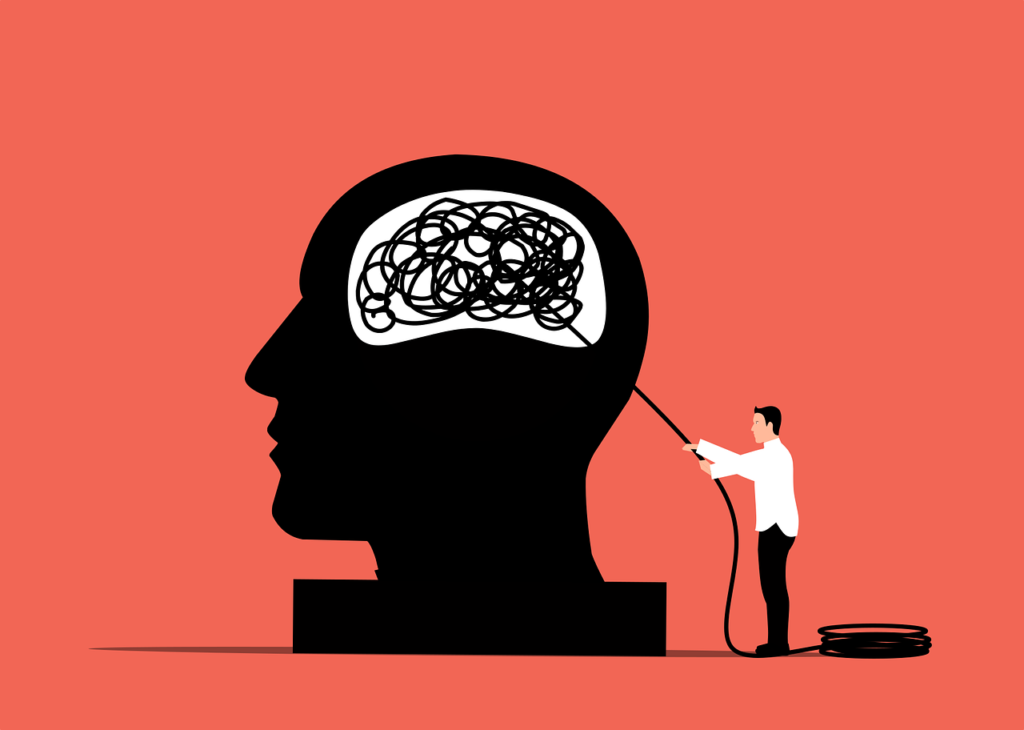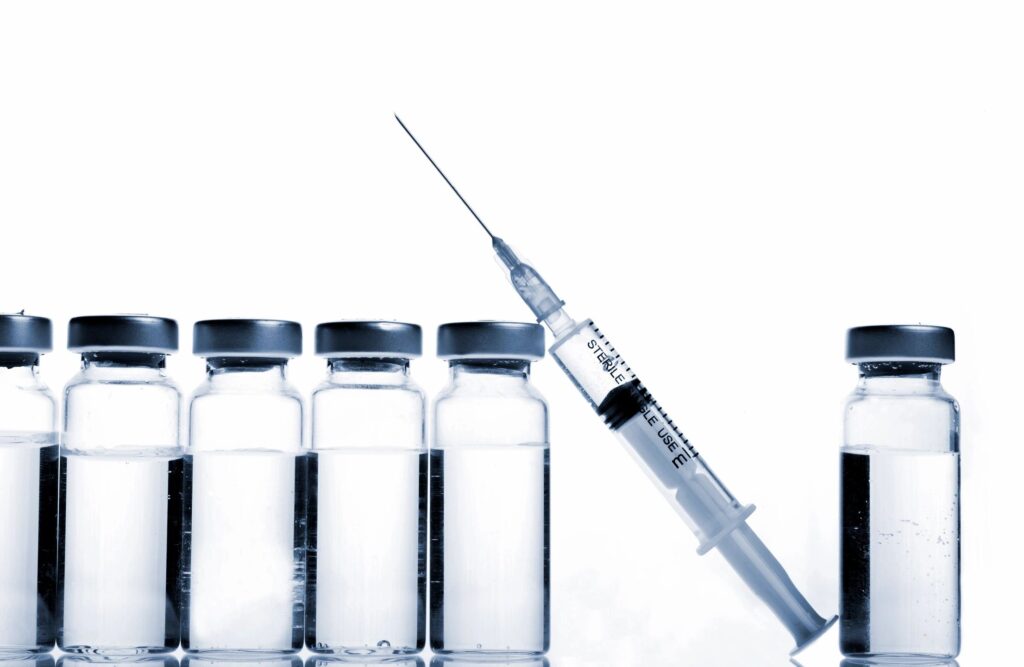Can Weight Loss Drugs Lead to Addiction? Understanding the Risks
Weight loss drugs, heralded for their potential in combating obesity, may have implications beyond their intended purpose. Recent research suggests these medications could have effects on behavioral patterns, particularly those related to addiction. Clinicians have observed that some individuals taking weight loss medications for conditions such as type 2 diabetes or obesity exhibit reduced tendencies towards addictive behaviors, including alcohol consumption, tobacco use, and even compulsive shopping.

The association between weight loss drugs and addiction arises from the pharmacological action these medications have on the brain. Certain weight loss drugs function by targeting receptors that are intricately linked with both appetite and reward pathways. As a result, the effect intended for appetite suppression may inadvertently modulate the neural circuitry involved in addictive behaviors, leading to diminished cravings and fewer addictive actions.
The possibility that weight loss drugs could influence addiction opens a new avenue for research and treatment strategies. However, the nature of this relationship is complex and warrants carefully controlled studies to fully understand the potential and limits of this interplay. It is crucial that the medical community considers the benefits and risks of using weight loss drugs in patients with addiction, ensuring that treatment regimens are tailored to the needs and well-being of the individual.
Understanding Weight Loss Drugs

Weight loss drugs have gained significant attention for their potential in managing obesity, with specific drugs like Ozempic becoming particularly well-known. These drugs work through complex biochemical pathways and, despite their benefits, have been a point of discussion regarding addiction.
Mechanism of Action
GLP-1 receptor agonists are a class of drugs that include semaglutide, exenatide, and liraglutide. Semaglutide, the active ingredient in both Ozempic and Wegovy, mimics a natural hormone in the body called glucagon-like peptide-1 (GLP-1). By activating the GLP-1 receptors in the pancreas, these drugs enhance the secretion of insulin and suppress the release of glucagon, which in turn helps lower blood glucose levels.
Additionally, they slow gastric emptying and promote feelings of fullness after meals, contributing to weight loss. Because of these effects, the use of GLP-1 receptor agonists is not solely limited to diabetes management but has expanded to include treatment for obesity.
The Viral Ozempic Trend
Ozempic, primarily known for its role in type 2 diabetes management, has recently surged in popularity due to its weight loss benefits. It contains the compound semaglutide, which has been subject to widespread discussion and coverage in both medical and consumer circles. Wegovy, a higher-dose formulation of semaglutide, specifically targets weight management.
The popularity of Ozempic can be partly attributed to its convenience as a once-weekly injection, as well as anecdotal reports and endorsements regarding its effectiveness in weight loss. It is important to note that while Ozempic and Wegovy have been effective in clinical trials, they should be used under medical supervision as part of a broader lifestyle modification program.
Addiction and the Brain

Understanding addiction requires a close look at how drugs and other stimuli interact with the brain’s intricate reward systems. Key neurotransmitters like dopamine facilitate the cravings and the sense of reward, relevant not only to substance abuse but also to behaviors related to food and other stimuli.
Neuroscience of Cravings
To understand if weightloss drugs can cause addiction, it’s important to understand the neuroscience of cravings. Cravings are powerful urges driven by the brain’s reward circuits. When an individual consumes a drug or experiences something pleasurable, like eating palatable foods, the brain releases dopamine. This neurotransmitter strengthens the neural pathways associated with the pleasurable activity, reinforcing the desire to repeat the experience. For example, both opioids and certain weight loss drugs tap into these reward pathways, potentially modulating the circuitry connected to food cravings and addiction.
How Viral Trends and Peer Pressure Affect Addictive Behaviors
The influence of viral trends and peer pressure can significantly shape an individual’s susceptibilities to addictive behaviors. Seeing peers engage in certain activities or substances can stimulate one’s own reward pathways, heightening the desire to partake in similar behaviors. This imitation can be particularly compelling in the digital age, where social media intensifies exposure to such trends. Consequently, new associations are formed in the brain, potentially elevating the risk of addiction where drugs and viral challenges are concerned.
Clinical Perspectives on Weight Loss Drug Abuse

Clinical research raises concerns about the potential for abuse and dependency related to weight loss medications. This scrutiny comes from observed behaviors in patients along with safety data emerging from controlled studies.
Clinical Trials and Safety Data
Clinical trials play a vital role in assessing the safety and efficacy of weight loss drugs, including GLP-1 receptor agonist drugs, which have been recently in the spotlight. In these trials, the drugs are rigorously evaluated against a placebo to ensure that they are safe for consumption in human trials. However, reports have emerged indicating that certain individuals might develop cravings for these medications, suggesting a potential for misuse.
- In trials, participants receiving the active drug showed more significant weight loss compared to those on the placebo, which is a positive outcome.
- However, there is close monitoring for signs of compulsive usage, as the drugs act on receptors in the brain that could affect addiction pathways.
Reports on Compulsive Usage and Withdrawal
Incidents of compulsive usage and withdrawal symptoms among users have been documented, pointing to the risks of dependence. With weight loss drugs altering brain chemistry to reduce appetite, they may also impact other areas related to reward and addiction:
- Cases have been described where individuals on weight loss medications exhibit a reduced desire for substances, hinting at their potential utility in addiction treatment.
- For instance, a user describes a diminished urge for alcohol and online shopping, which indicates the drug’s broad impact on compulsive behaviors (You’ve had enough: What weight-loss drugs may teach us about addiction).
- Regarding withdrawal, some patients report experiencing withdrawal-like symptoms upon cessation of the medication, which further complicates the drug’s risk-to-benefit profile.
- In particular, symptoms can include a resurgence of appetite and weight gain, pointing to the challenging aspects of managing potential dependency on these drugs.
Risks of Addiction to Weight Loss Drugs

Weight loss medications may come with a risk of addiction, particularly as they can influence behavior and have the potential for dependency. It is crucial to navigate these risks with an informed and cautious approach.
Connections to Other Issues like Disordered Eating
Weight loss drugs have been linked to disordered eating patterns. They can potentially exacerbate pre-existing conditions such as anorexia or bulimia. Initially prescribed to assist with obesity, these medications can become a crutch for individuals struggling with overeating, leading to an unhealthy cycle of dependency and eating disorder reinforcement.
Potential for Dependency
The risk of developing a dependency on weight loss drugs is a concern. While not traditionally addictive like opioid use disorder, these medications can lead to a psychological or physical reliance, especially if they are seen as a quick fix for weight loss. The drive to maintain weight loss can evolve into compulsive behaviors, with some individuals continuing usage even after it is no longer needed for its original treatment purpose.
Regulatory and Research Perspectives

The examination into whether weight loss drugs can lead to addiction incorporates strict scrutiny from regulatory bodies and illuminating findings from the field of addiction research.
FDA Approval and Guidelines
The Food and Drug Administration (FDA) has set forth strict approval processes for weight loss drugs, ensuring that they meet safety and efficacy standards before reaching the market. In evaluations, the FDA rigorously assesses potential addictive qualities. For instance, drugs containing GLP-1 analogs, like Ozempic, have been closely scrutinized to determine their impact on the brain’s reward system, a crucial aspect in the development of addiction.
Findings from Addiction Researchers
Addiction researchers, supported by the National Institute on Drug Abuse (NIDA) and the NIH HEAL Initiative, are exploring how these drugs interact with brain receptors. Their research addresses the dual potentials of weight loss drugs — their intended effects and any unforeseen implications in addictive behavior. Studies mentioned by the American Association for the Advancement of Science emphasize these drugs’ possible role in diminishing addictive behaviors, turning the lens on their impacts beyond metabolic pathways to encompass neurological pathways associated with addiction.

